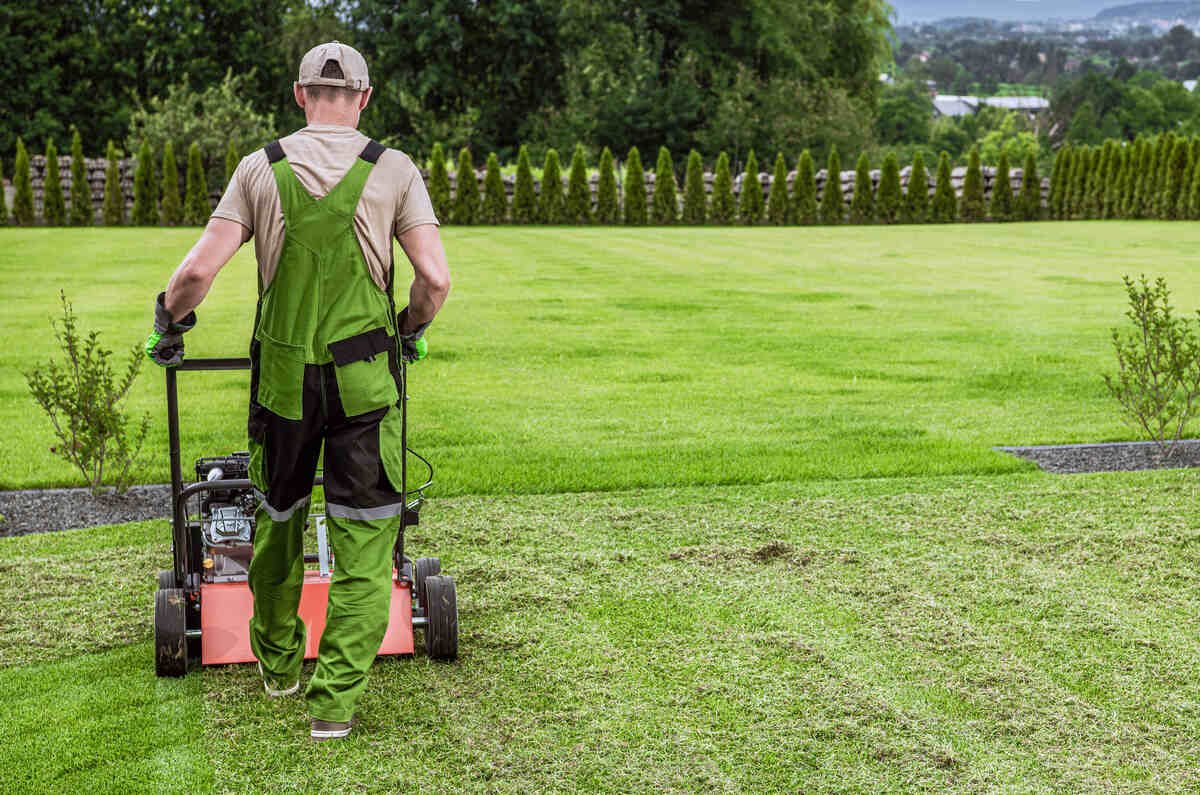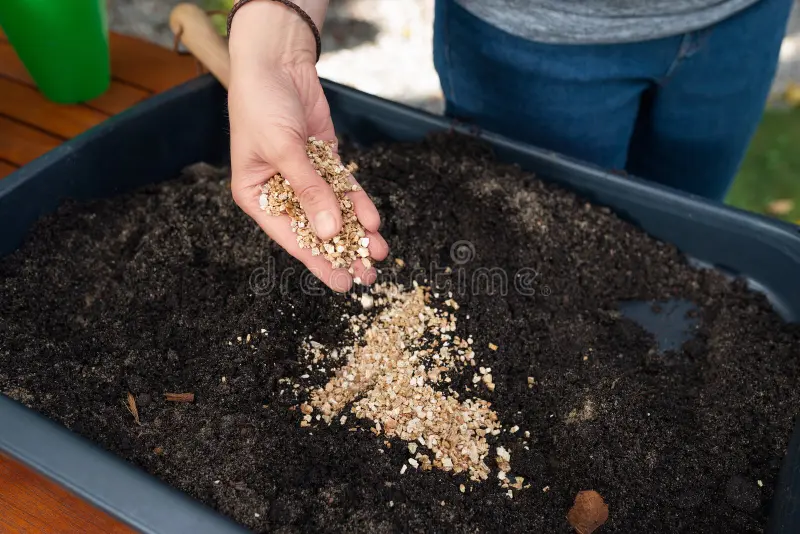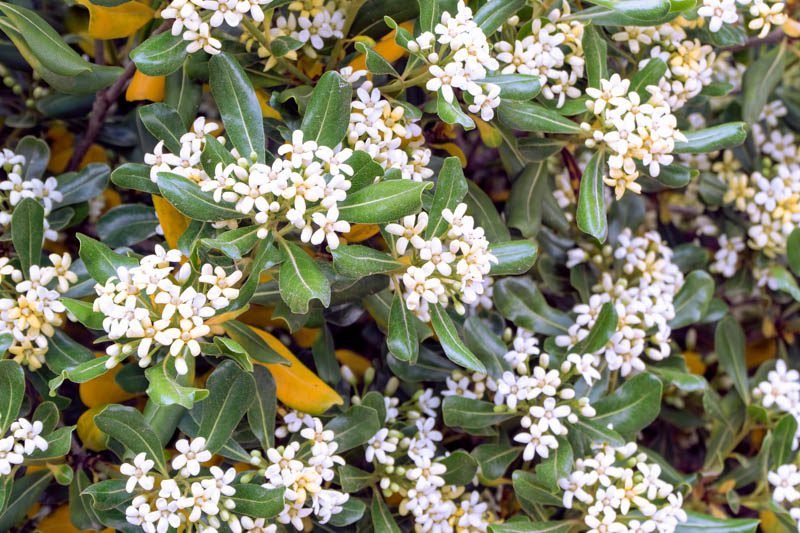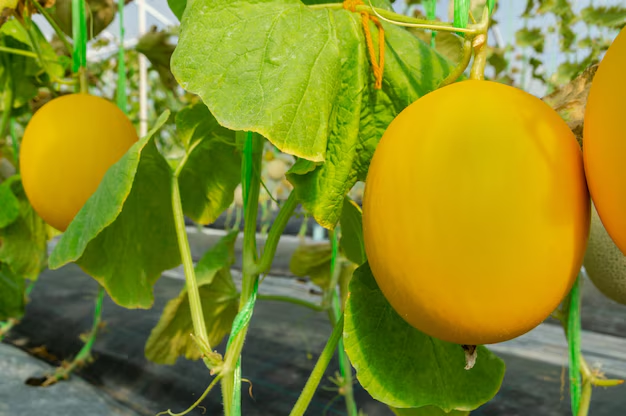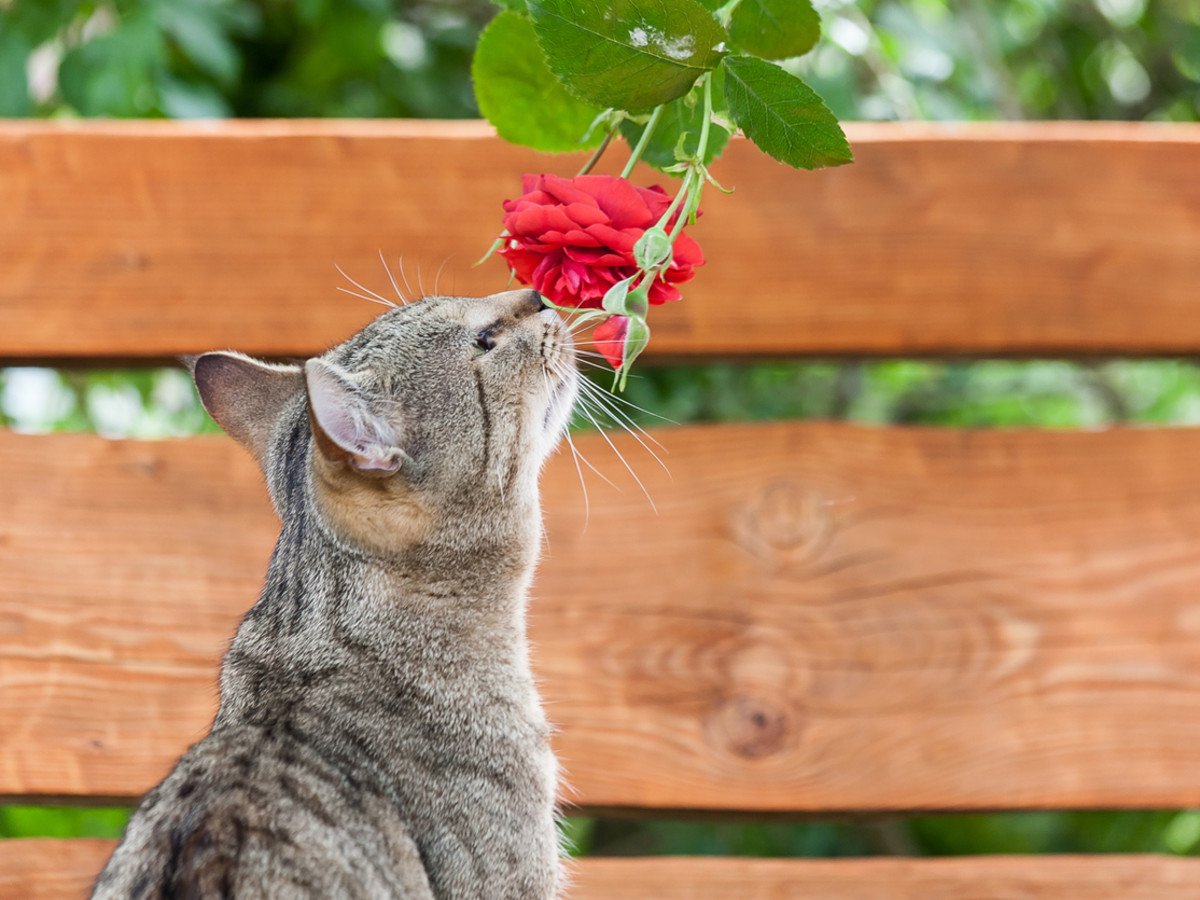How I Discovered the Best time to Aerate and Seed My Lawn
You’re not alone if you’re wondering when the best time to aerate your lawn is. Lawn aeration is one of the most crucial yet overlooked steps in achieving that lush, green carpet every gardening enthusiast dreams of. No matter your experience level with gardening, understanding the right lawn aerator to choose and the perfect timing can genuinely enhance your lawn’s health and beauty!
In this comprehensive guide tailored for U.S. gardeners, we’ll explore the best lawn aerators in 2025, real user stories, detailed reviews, and the best time to aerate and oversee lawn to ensure your yard thrives all season. Plus, we’ve included affiliate links to top-rated Amazon products for your convenience.
Top 10 Best Lawn Aerators on Amazon (2025 Picks)
Looking to improve your lawn’s health this season? Amazon’s 10 best lawn aerators are handpicked for durability, performance, and customer satisfaction. Whether you have a small backyard or a large estate, there’s an aerator here for you.
1. Agri-Fab 45-0299 48-Inch Tow Plug Aerator
Rating: ★★★★★ (4.6/5)
Type: Tow-behind plug aerator
Best For: Large lawns with riding mowers
Benefits:
- The 48-inch wide path covers large areas quickly
- 32 galvanized knives penetrate up to 3 inches deep
- Heavy-duty steel tray holds up to 140 lbs for better soil penetration
Review:
“I aerated and overseeded in early fall, and within weeks, my lawn looked brand new. Easily the best investment I’ve made for my yard.” – James T., Texas
2. Yard Butler Lawn Coring Aerator
Rating: ★★★★☆ (4.4/5)
Type: Manual core aerator
Best For: Small to medium lawns
Benefits:
- Removes two ½” wide cores at a time
- Reduces soil compaction and promotes root growth
- Lightweight and easy to use
Review:
“It’s a workout, but this tool is perfect for small yards. I used it in early spring and saw a huge improvement in lawn density.” – Maria P., Colorado.
3. Brinly SAT-40BH Tow-Behind Spike Aerator
Rating: ★★★★☆ (4.3/5)
Type: Tow-behind spike aerator
Best For: Medium to large lawns
Benefits:
- 40-inch wide working area
- 10 galvanized steel stars with 132 spikes
- The adjustable weight tray can hold up to 100 pounds.
Review:
“This aerator made a huge difference on my compacted lawn. Works great with my John Deere mower.” – Eric H., Georgia.
4. Ohuhu Lawn Aerator Shoes
Rating: ★★★★☆ (4.2/5)
Type: Spike aerator shoes
Best For: Budget-friendly, small patch aeration
Benefits:
- 26 heavy-duty spikes on each shoe
- Adjustable straps fit all shoe sizes
- Aerate while walking or mowing
Review:
“Fun, simple, and effective. I wore them while cutting the lawn and noticed greener patches in a few weeks.” – Sarah M., California.
5. Greenworks 14-Inch 10 Amp Corded Dethatcher & Aerator
Rating: ★★★★☆ (4.5/5)
Type: Electric dethatcher/aerator combo
Best For: Small to medium-sized lawns
Benefits:
- Combines dethatching and aeration
- 3-position depth adjustment
- Stainless steel tines for durability
Review:
“I used it in early spring and removed loads of thatch. My lawn responded like never before.” – Tina R., Illinois.
6. Craftsman CMXGZBF7124213 Tow Plug Aerator
Rating: ★★★★☆ (4.4/5)
Type: Tow-behind plug aerator
Best For: Heavy-duty residential use
Benefits:
- 24 heat-treated steel plug spoons
- Durable steel construction
- Covers a 40-inch path
Review:
“Built like a tank. Does a great job loosening compacted soil? I use it every spring.” – Robert N., Pennsylvania.
7. Step ‘N Tilt Core Lawn Aerator
Rating: ★★★★☆ (4.3/5)
Type: Manual core aerator
Best For: Spot aeration and small yards
Benefits:
- Ergonomic handle and foot bar for easy core removal
- Includes soil core ejection system
- Designed for clay or compacted soils
Review:
“I love the control this tool gives me. Works great for targeting compacted areas.” – Denise L., Oregon.
8. Mantis 7321 Power Tiller Aerator Attachment
Rating: ★★★★☆ (4.2/5)
Type: Power tiller attachment
Best For: Mantis tiller owners
Benefits:
- Easily attaches to Mantis tillers
- Aerates 15 inches wide
- Durable steel blades
Review:
“Perfect add-on for my Mantis tiller. I use it every spring and fall.” – Greg S., Michigan.
9. Goplus 18-Inch Rolling Lawn Aerator
Rating: ★★★★☆ (4.1/5)
Type: Push spike aerator
Best For: Small to medium lawns
Benefits:
- Rolling design for easy use
- 18-inch width for quick coverage
- Durable steel spikes
Review:
“Easy to assemble and works well. Great for light aeration before seeding.” – Liam J., New Jersey
10. AMES 2917400 Spike Lawn Aerator with T-Grip
Rating: ★★★★☆ (4.1/5)
Type: Manual spike aerator
Best For: Quick spot aeration
Benefits:
- Four steel spike wheels
- Comfortable T-grip handle
- Lightweight and easy to manoeuvre
Review:
“I use this for problem patches in my backyard. Simple, effective, and affordable.” – Hannah F., Minnesota
Frequently Asked Questions About Lawn Aeration
Q1: When is the best time to aerate a lawn in the U.S.?
The best time to aerate a lawn depends on your grass type and your regional climate. Generally, lawn aeration should be done when the grass grows to heal and fill in the holes quickly.
- Cool-season grasses (like Kentucky bluegrass, tall fescue, and ryegrass):
- The best time to aerate and overseed lawns is early fall (September to October) or early spring (March to April). Fall is preferred because the soil is still warm, but weed competition is lower, and there’s plenty of time for the new grass to establish before winter.
- Warm-season grasses (like Bermuda, zoysia, and St. Augustine):
- The best time for aerating lawns is late spring to early summer (May to early July) when the grass is in its peak growing phase.
Avoid aerating during dormancy (winter or mid-summer, depending on your grass type), as this can stress the lawn and lead to poor recovery.
Q2: How often should I aerate my lawn?
For most home lawns, aerating once a year is ideal. However, the frequency may depend on soil compaction, foot traffic, and soil type:
- Heavy clay soils or high-traffic lawns (kids, pets, equipment):
- Aerate once or twice a year — typically fall and spring — to prevent excessive compaction and allow nutrients to reach the roots.
- Sandy or loamy soils with minimal compaction:
- Aerating every 2–3 years might be sufficient.
Suppose your lawn has a thick thatch layer exceeding 0.5 inches. Aeration can help break it up and enhance water absorption.
Q3: What is the difference between spike and plug aerators? Which is better?
Lawn aerators come in two wonderful types: Spike aerators and Plug (core) aerators, each designed to benefit your lawn uniquely!
- Spike Aerators: These tools poke holes into the ground using solid tines or spikes. They are easier to use and often come in shoes or roller attachments. However, they can compact the soil further around the holes, especially in clay-heavy lawns.
- Plug Aerators: These devices remove small plugs (cores) of soil from the lawn, allowing better air, water, and nutrient flow. They relieve compaction more effectively and are generally recommended by lawn care professionals.
Suppose you’re serious about improving your lawn’s health. In that case, plug aerators are the better option, especially for medium to large yards or lawns with clay soil.
Q4: Can I aerate and overseed at the same time?
Yes — and this is one of the best lawn improvement strategies you can do!
Aerating before overseeding creates the perfect environment for new grass seeds to germinate. The holes made by the aerator allow the seed to fall deeper into the soil, where it’s more protected from wind, runoff, and birds.
Here’s how to do it effectively:
- Mow your lawn short (around 1.5–2″)
- Aerate the lawn thoroughly
- Apply grass seed using a broadcast or drop spreader
- Apply a starter fertilizer
- Water consistently (light watering 2–3 times per day for the first two weeks)
Remember, the best time to aerate and overseed lawns is early fall for cool-season grass and late spring for warm-season grass.
Q5: What are the signs that my lawn needs aeration?
If you’re not sure whether your lawn needs aeration, watch out for these common signs:
- Water puddles forming after rain (poor drainage)
- Thin or patchy grass growth
- Hard, compacted soil that’s difficult to dig into
- Excessive thatch (> 0.5 inch thick)
- Heavy foot traffic from kids, pets, or equipment
- Grass that browns easily, even with sufficient watering
You can also do a screwdriver test by pushing a screwdriver into the soil. If it’s challenging to insert, your soil is likely compacted and needs aeration.
Q6: Should I water my lawn before or after aerating?
Yes, water your lawn 1–2 days before aerating. Moist soil penetrates more easily, especially using a manual or plug aerator. However, avoid aerating when the soil is soggy or muddy — this could damage the lawn and clog your aerator.
After aerating, keeping the lawn consistently moist (without waterlogging) for at least two weeks is essential, especially if you’re also overseeding. This helps new seedlings establish and promotes healthy root recovery in existing grass.
Q7: Can I use lawn aerator shoes instead of a machine?
Lawn aerator shoes are a budget-friendly and convenient option for light aeration, especially in small yards or around tricky spots like garden beds and flower borders. However, they are generally less effective than Plug or core aerators for relieving soil compaction.
Pros of aerator shoes:
- Affordable
- Great for spot-aerating
- Can multitask (wear them while mowing!)
Cons:
- Don’t remove soil plugs
- Can compact surrounding soil if overused
- It is not ideal for large or heavily compacted lawns
Best use: Combine aerator shoes with seasonal plug aeration for a well-rounded lawn care plan.
Q8: Should I fertilize after aerating my lawn?
Yes, aeration is the perfect time to fertilize. The holes created during aeration allow nutrients to reach deeper into the soil where the grassroots need them most.
Here’s the ideal order of operations:
- Aerate
- Apply grass seed (if overseeding)
- Apply a starter fertilizer (high in phosphorus for root development)
- Water lightly and frequently
You can still apply a balanced lawn fertilizer to boost grass health and growth if you’re not overseeding.
Q9: What’s the best type of seed to use after aerating?
After aeration, choose a grass seed that matches your lawn’s current grass type and growing conditions:
- Cool-season grasses:
- Tall Fescue: Drought-tolerant, deep roots
- Kentucky Bluegrass: Rich green color, self-spreading
- Perennial Ryegrass: Fast germination, ideal for high-traffic areas
- Warm-season grasses:
- Bermuda: Heat- and drought-tolerant
- Zoysia: Dense, carpet-like growth
- St. Augustine: Shade-tolerant (note: usually established via sod)
Always use high-quality grass seed from a reputable brand and check for minimal weed seed content.
Q10: Is it okay to mow the lawn after aeration and overseeding?
Yes, but timing is key. If you’ve just overseeded, Wait 2 to 3 weeks, or until the new grass grows to 3 to 4 inches, before mowing. Mowing too soon can damage tender seedlings and reduce germination success.
When you do mow:
- Set your mower to a high setting (3 inches or more)
- Use sharp blades to avoid pulling or tearing new grass
- Avoid bagging — let the clippings return nutrients to the soil
Final Thoughts
Lawn aeration is one of the most powerful steps to revitalize your lawn, but timing and technique are everything. Whether asking, ” When is the best time to aerate a lawn?” or looking for the best lawn aerator to buy this season, the key is to match your tools and schedule to your grass type and local climate.
With the right aerator and some planning, you’ll be well on your way to a thicker, healthier, greener lawn.
Let your readers take action immediately by browsing top-rated tools:
Shop Best Lawn Aerators on Amazon
Let me know if you’d like this FAQ turned into a collapsible accordion format for your blog or if you’d like schema markup added for SEO-rich snippets!
